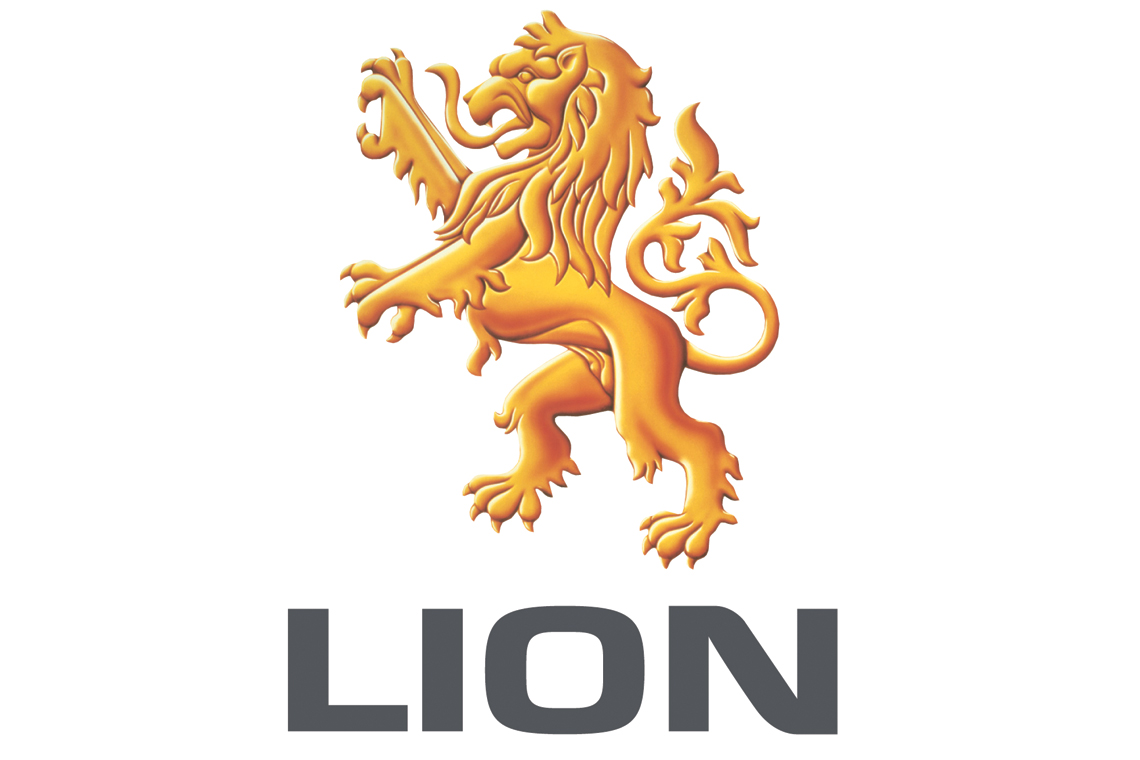Kirin, the owner of Lion, has published its annual report which has detailed declining sales and earnings in 2017, but also points to a Turnaround Plan to grow the business’s profits.
The report said that Lion’s profit had dropped by 6.3 per cent to $609m in the 12 months to 31 December and that revenue had fallen by 8.2 per cent to $4.04bn. The report highlighted that the loss of the AB InBev beer brands to CUB following the brewing giant’s purchase of SABMiller, had hurt the company, but also pointed to its growth brands.
“In Lion’s beer, spirits and wine business, beer sales volumes decreased year-on-year due to the termination of the beer sales license agreement with Anheuser-Busch InBev N.V,” Kirin said in its annual report.
“The company has focused on continuing to strengthen its core brands and investing in growth categories to return to profitable growth in the medium to long term.
“Despite the challenging conditions in the mature Australian beer market, sales volumes of James Squire and Furphy in the growing craft beer category. The recently launched Iron Jack beer brand delivered strong sales.”
The company added: “Lion continues to deliver its business transformation program, working on improving profitability through company-wide business process improvement and making significant progress in optimising the performance of its supply chain manufacturing footprint.”
Kirin also published its approach to key issues of which number one is “invest, strengthen, and grow profit base in beer business”. In relation to Lion’s approach to this, Kirin said: “Revitalise the Australian beer market through Beer the Beautiful Truth campaign and strengthen growing categories such as craft beer and cider categories.”
The second key issue is “restructure and revitalise low-profit businesses” and in relation to Lion, Kirin said: “Implement Turnaround Plan to grow profits by allocating resource to priority categories and brands, deliver value based on Health and Naturalness, reform the cost structure of the entire supply chain through cutting production costs and reorganising production sites.”
In detailing its overall financial strategy, Kirin added: “We will focus on the allocation of increased cash flow generated from profit growth to investment, shareholder returns and debt repayment. Investment will be prioritized and focused on growth areas of beer, alcohol, and pharmaceuticals and bio-chemicals, while investment in low-profit businesses will be reduced.”

